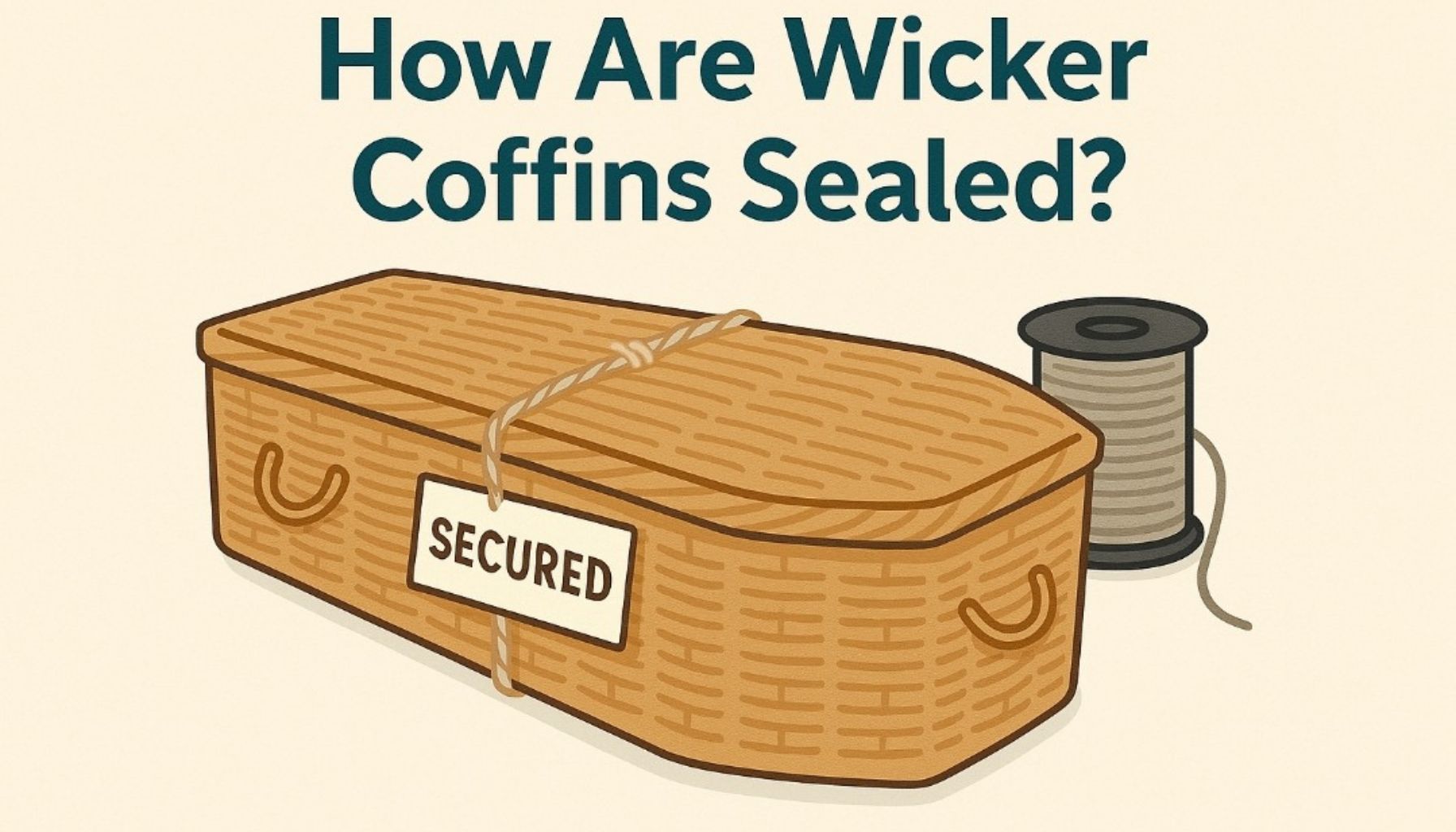Laundry detergent pods have taken over the laundry room scene with their colorful, convenient packaging and easy-to-use format. Simply pop a pod into the washing machine, and you’re set.
For busy parents juggling work, family, and household chores, they seem like a lifesaver. But have you wondered about their environmental impact?
The Environmental Concern Surrounding Pods
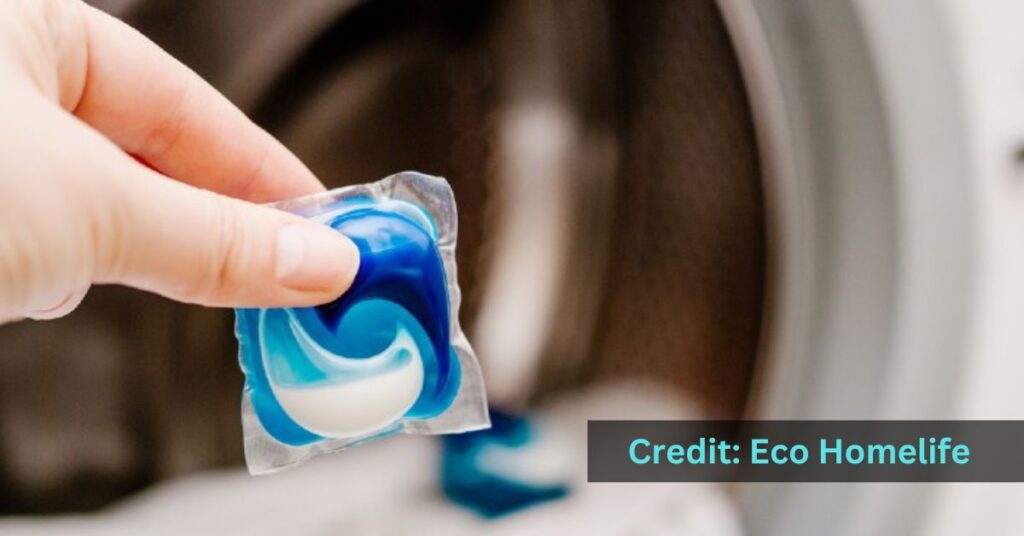
While these pods are super convenient, they come with a growing concern about their planet-friendliness.
A closer look reveals that despite their small size, detergent pods might be contributing to larger environmental issues.
What Are Laundry Detergent Pods Made Of?
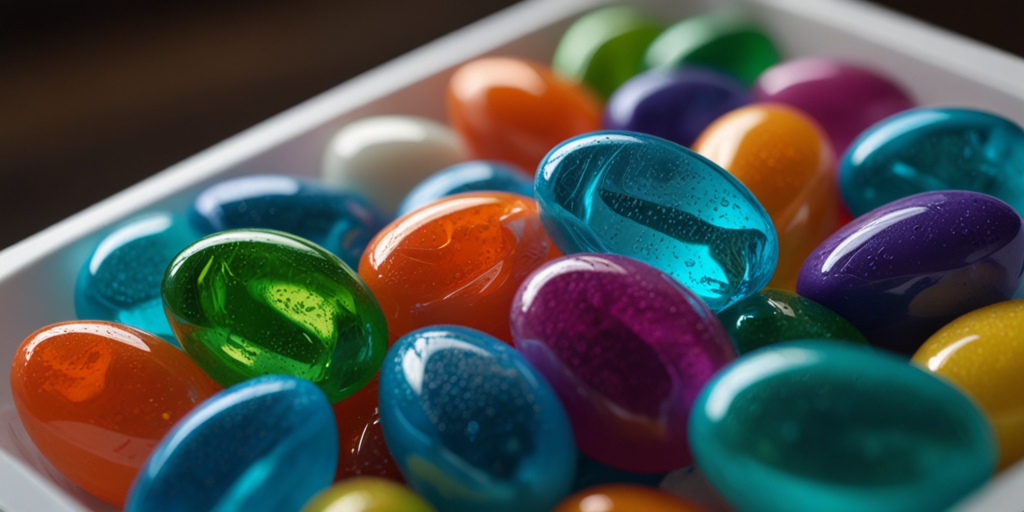
Understanding what’s in a laundry pod can provide insight into its environmental effects. These pods contain concentrated detergent encased in a water-soluble film.
This film is often made of polyvinyl alcohol (PVA), a synthetic polymer designed to dissolve in water. Although PVA dissolves, its ultimate fate in the environment is not yet fully understood, raising concerns among environmentalists.
Also Read: How Many Loads of Laundry Per Week?
How Do Pods Compare to Traditional Detergents?

In contrast to traditional liquid or powder detergents, pods are pre-measured, which eliminates the risk of overuse.
This feature is touted as a pro-environmental aspect. However, the need for individually wrapped pods means more packaging materials are used and often discarded, leading to potential waste issues compared to bulk detergents.
They Lifecycle of a Laundry Pod
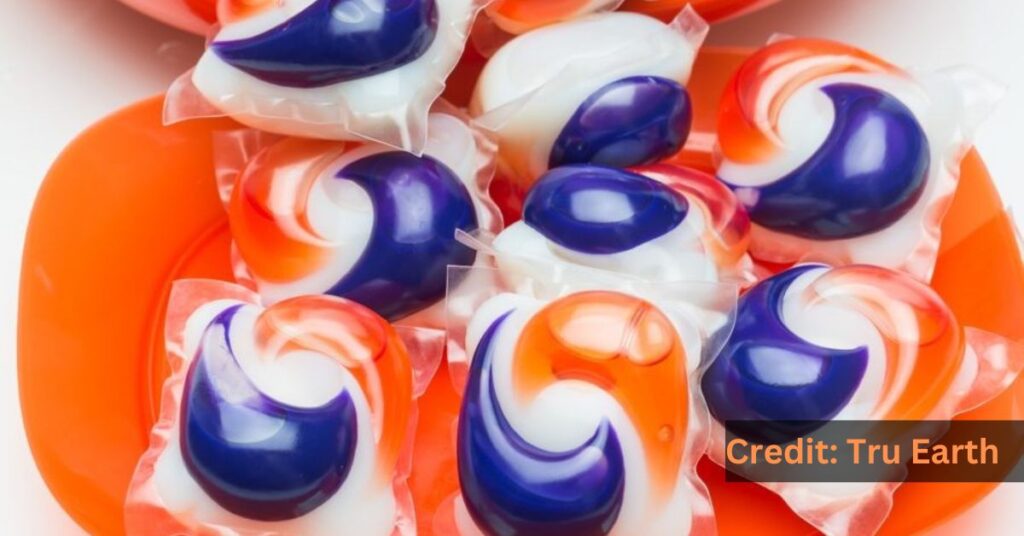
From production to disposal, every stage of a pod’s lifecycle has environmental implications.
The manufacturing of synthetic polymers, energy use, and the chemicals involved can contribute to pollution.
And once they dissolve in water, the detergent components are released into the waterways, potentially impacting aquatic life.
Water Solubility and Its Environmental Impact
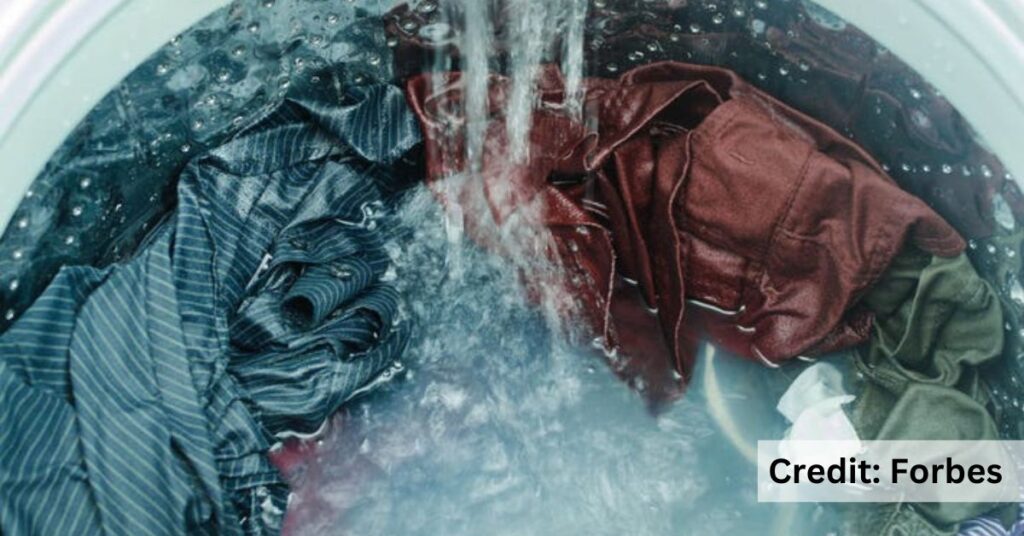
The solubility of PVA film is a double-edged sword. While it quickly dissolves in your washing machine, concerns remain about whether it can fully biodegrade in nature.
Studies suggest that while PVA breaks down in industrial composting environments, it might not do so efficiently in natural settings, leading to concerns about microplastic pollution.
Pods and Aquatic Ecosystems
Once the detergent from pods enters waterways through household drains, it can have downstream effects.
The chemicals might contribute to water pollution, affecting fish and other aquatic organisms.
Surfactants, a key component in detergents, can disrupt the natural balance of aquatic ecosystems, potentially harming wildlife.
Also Read: Are Laundry Detergent Sheets any Good Explained
Safety Concerns for Young Children

Aside from environmental issues, detergent pods pose safety risks to children.
Their colorful appearance can attract curious toddlers, leading to accidental ingestion or exposure.
Although manufacturers have made strides in child-proof packaging, the risk remains, making it crucial for parents to keep these products out of reach.
The Role of Consumer Choices
Parents play a crucial role in the demand for eco-friendly products. By choosing environmentally conscious alternatives, consumers can drive industry changes.
Opting for brands that prioritize sustainability in their packaging and ingredients can make a difference in reducing the overall environmental footprint.
Steps Toward Greener Laundry Solutions

If you’re concerned about the environmental impact of pods, consider exploring greener alternatives.
Look for detergents that use biodegradable packaging and plant-based ingredients. Some companies even offer refill stations to reduce plastic waste.
DIY Laundry Detergent Alternatives
For parents ready to take the plunge into DIY solutions, making your detergent at home can be a rewarding and eco-friendly choice.
Simple recipes using baking soda, washing soda, and castile soap can provide effective cleaning without the environmental toll of synthetic chemicals.
How Brands Are Responding to Environmental Concern
In response to growing consumer awareness, some detergent manufacturers are innovating to reduce their environmental impact.
Also Read: How to Make Scent Beads for Laundry
This includes developing biodegradable films, using renewable resources, and even introducing concentrated refill packs to minimize packaging waste.
Educating Children on Environmental Responsibility
Teaching your children about making environmentally friendly choices sets the foundation for a sustainable future.
Simple actions, like involving them in laundry routines or explaining the importance of choosing eco-friendly products, can foster environmental consciousness from a young age.
Conclusion
In the end, while laundry detergent pods offer undeniable convenience, their environmental impact is a complex issue that parents should consider. By understanding their composition and effects, you can make informed choices that align with both your family’s needs and environmental values. Exploring greener laundry options not only benefits the planet but also sets a positive example for future generations. To learn more about sustainable laundry practices and products, parents can explore resources provided by environmental organizations and conscious brands.








